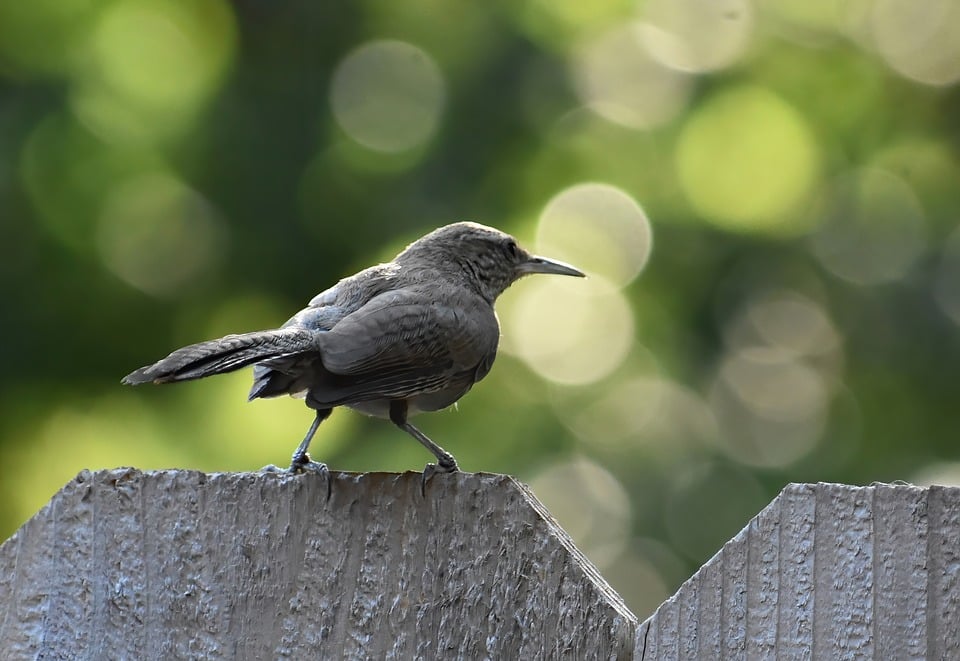[ad_1]
In a world that is becoming increasingly interconnected, it is essential to understand and appreciate the diverse traditions that make up the tapestry of human culture. From ancient ceremonies passed down through generations to modern practices that reflect our ever-evolving society, traditions hold a significant place in the hearts and minds of people around the world. In this article, we will explore the rich tapestry of cultural rituals and traditions that shape the global landscape, offering insights into their historical roots, current significance, and future trajectory.
Historical Context: Tracing the Roots of Cultural Traditions
Throughout human history, civilizations have developed unique customs and rituals to mark significant events such as births, weddings, deaths, harvests, and religious ceremonies. These traditions often reflect the values, beliefs, and social structures of a particular community, providing a sense of continuity and connection to the past. For example, the Chinese New Year celebrations date back over 4,000 years and are rooted in ancient mythologies and agricultural practices that honor ancestors and ward off evil spirits.
Key Points:
– Cultural traditions serve as a link to the past, preserving the heritage and identity of a community.
– Historical events, religious practices, and social customs shape the development of cultural rituals.
– Traditional ceremonies often incorporate music, dance, storytelling, and symbolic objects to convey meaning and create a sense of unity.
Current State: The Evolution of Cultural Traditions in a Globalized World
In today’s interconnected world, cultural traditions are undergoing a period of transformation as societies adapt to new technologies, urbanization, and globalization. While some customs remain deeply rooted in tradition, others have evolved to reflect changing values and social norms. For example, the Japanese tea ceremony, a centuries-old ritual of preparing and serving tea, has been reinterpreted in contemporary art, fashion, and design, showcasing its enduring relevance in a modern context.
Key Points:
– Globalization and technological advancements have accelerated the exchange of cultural practices and ideas.
– Traditional rituals are being reinterpreted and revitalized to appeal to younger generations and new audiences.
– Cultural fusion and hybridization are creating innovative expressions of heritage and identity in a multicultural world.
Future Predictions: The Outlook for Cultural Traditions in the 21st Century
As we look to the future, cultural traditions are poised to play an increasingly vital role in fostering social cohesion, promoting cultural diversity, and preserving intangible heritage. In an era of rapid change and uncertainty, rituals that connect people to their roots and values will continue to hold significance in shaping individual and collective identities. By embracing innovation and collaboration, communities can ensure the survival and relevance of their traditions for generations to come.
Key Points:
– The digital age presents new opportunities for sharing and preserving cultural traditions through online platforms and virtual experiences.
– Climate change and globalization are impacting traditional practices, prompting communities to adapt and innovate.
– Interdisciplinary collaborations between artists, scholars, and activists are enriching cultural traditions and fostering cross-cultural dialogue.
Conclusion
In conclusion, cultural traditions are a vital component of the human experience, providing a window into the past, present, and future of diverse societies around the world. By embracing the rich tapestry of rituals and customs that define our collective heritage, we can gain a deeper appreciation for the complexity and beauty of human culture. As we navigate an increasingly globalized world, it is essential to preserve, promote, and celebrate the traditions that unite us and enrich our lives. Thank you for joining us on this journey through the traditions around the world, and we invite you to explore further resources to deepen your understanding of cultural rituals and customs.
[ad_2]
